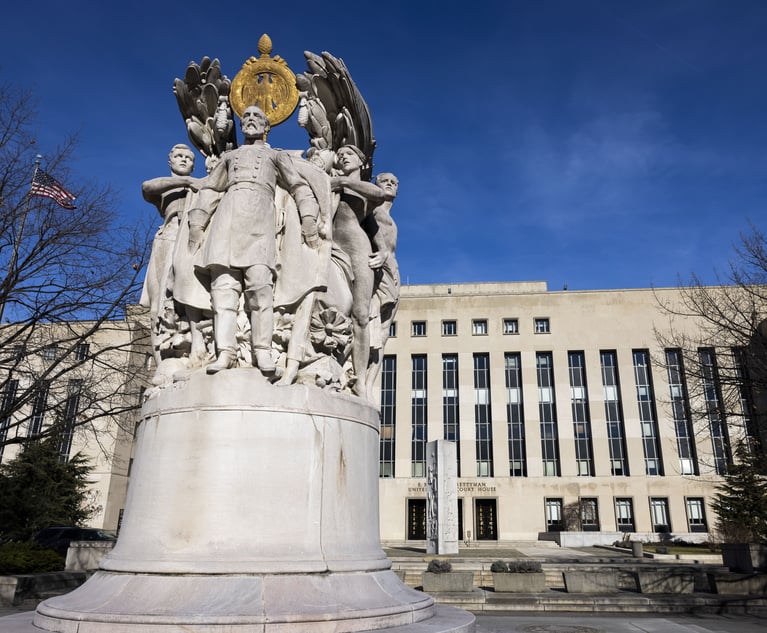What gives law enforcement the right to search you or your property without your consent? I was asked to submit an amicus appellate brief on behalf of Robert Kraft, the owner of the New England Patriots football team, who was charged with sex-related criminal offenses. In that brief, I explained that there are two ways under the U.S. and Florida Constitutions that allow police to search you: a warrant-based or a warrantless search. If police choose to apply for a search warrant from a judge or magistrate, they must specify who or what is to be searched, when and where the search is to be conducted, and what evidence they expect to find. This is known as the particularity requirement. On the other hand, if they choose to conduct a warrantless search, police must have probable cause to believe that criminality is afoot and be able to demonstrate it.
On Aug. 19, the Fourth District Court of Appeal in West Palm Beach affirmed the suppression of videotape evidence collected against Kraft because the search was illegal and the evidence inadmissible. A few weeks later, the state of Florida announced that it was dropping all charges against him. He will never be tried or found guilty of the charged offenses.


 Harvey Sepler, of counsel with Alvarez, Gonzalez, Menezes.
Harvey Sepler, of counsel with Alvarez, Gonzalez, Menezes.




